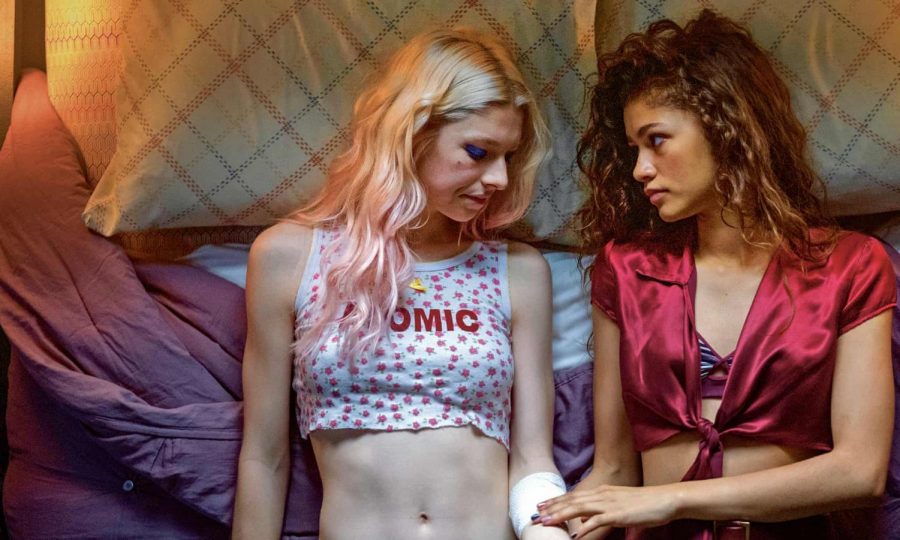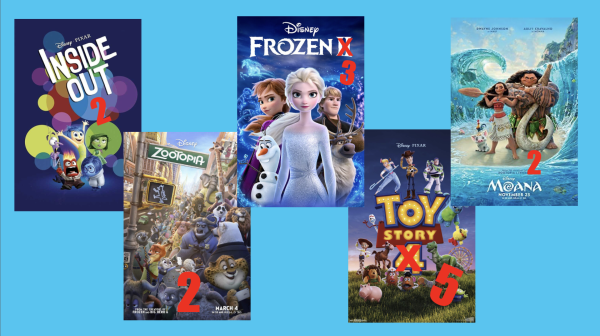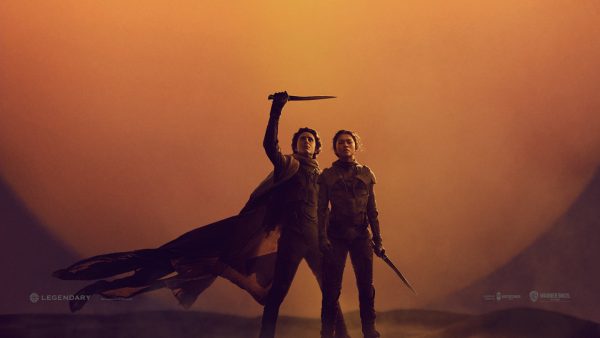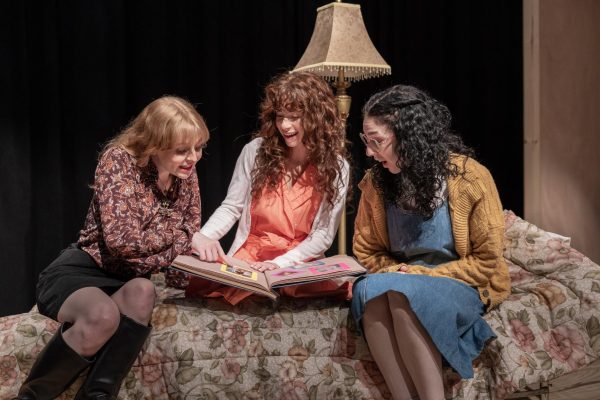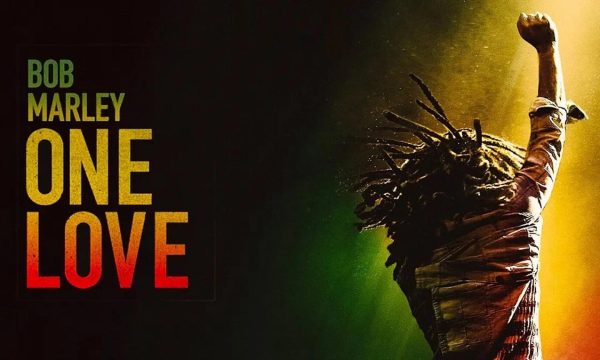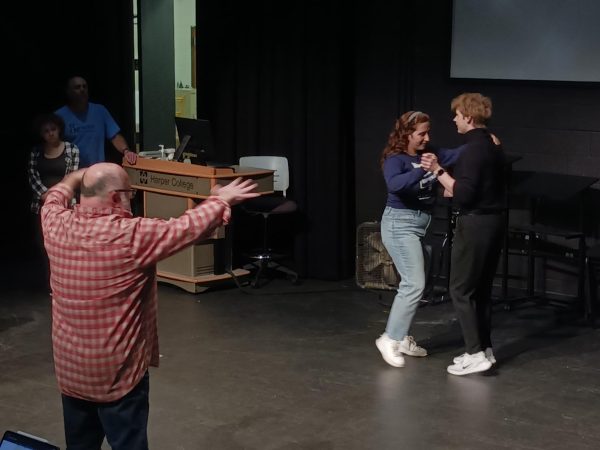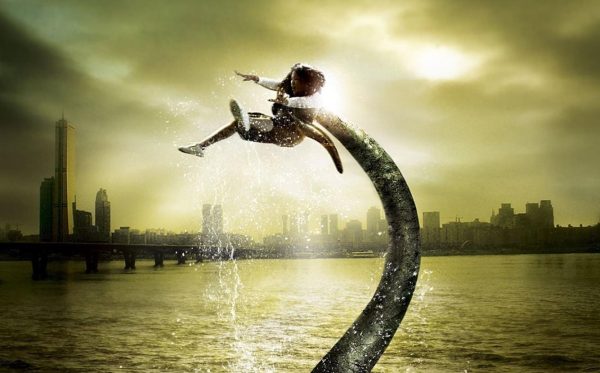Stop with the horny teenage stereotypes: what narrative are we painting for our younger generation?
Late-night secret hookups with married men, toxic relationships, and of course a sex tape never hurt anyone, right? Add a couple of teens between the ages of 16 to 18, and you have yourself the perfect real-life depiction of high school.
Having only graduated high school a year and a half ago, to say I was shocked when watching the first episode of HBO’s Euphoria would be an understatement. Considering myself to have been an average teen, seeing such mature scenes played out amongst a cast portraying minors was “a bit too much” and gave way to a bigger issue.
The media is oversexualizing teens in high school, shaping a narrative that ostracizes your everyday teen while pressuring others to engage in sexual activity before they’re ready.
It’s no secret that sex sells — something that Hollywood has always used to its advantage. An article by the Seattle Times comments on how TV shows have continued to “heavily oversexualize teens and glorify sexual experience for the sake of entertainment.”
Racy scenes are what get attention nowadays, making TV series such as Riverdale and Pretty Little Liars big hits. To argue that no interest lies in the sexier, more romantic aspects of a TV show would be a lie.
With casting directors hiring older actors for these high school roles, they also avoid any foul play when it comes to making apparent minors do the deed on-screen, so of course, there’s nothing wrong, “right”?
Instead, it’s important to realize that most teenagers are not living the hyper-sexual “reality” that is glorified in the media. In fact, most teens aren’t even having sex, with only 38% having ever had sexual intercourse in high school, according to the Centers for Disease Control and Prevention (CDC).
Even The New York Times claims that HBO’s Euphoria’s “depiction of sexual activity among teenagers may be where it strays furthest from the facts.” An actuality that has only proven to be more true in light of the pandemic.
How is it that the media is normalizing this sexualized way of life that the majority of high school students don’t even engage in?
Outside of teens engaging in sexual activity, these shows cause even more harm by making it seem as if the average teen who chooses to somehow not focus on sex is strange or nerdy.
We’ve all seen how shows capitalize on the geeky boy playing video games or the determined valedictorian who only cares about grades tropes. They’re almost never in a relationship, and until they find their romantic interest, are made out to be secretly unhappy or constantly left out.
The idea that a high schooler can be content focusing on school or simply playing video games is non-existent now. Instead, teens are made to believe that their happiness lies in getting into their first relationship or losing their virginity.
This applies unnecessary pressure on our youth to try and live up to the lifestyle depicted in the media, or face being ostracized.
We should be uplifting our teens for who they are as individuals, not forcing them to grow up too fast.
Teenage behavior has changed throughout the years, and one’s journey of adolescence cannot simply be belittled to a horny young teen anymore.
We need to begin painting our own narratives for the media of what real life is like outside of high school-based TV shows.
As for the media, I don’t think it’s all too wrong to take a few steps back and focus on the less-exposing areas of a teenager’s life. This doesn’t mean that we should avoid teens and their sex life entirely, although turning down the sex scenes a few notches might help.
Society is constantly evolving, and while we should do our best to embrace change, giving in to a world that pushes aggressive sexual narratives amongst today’s youth is not one of them.

